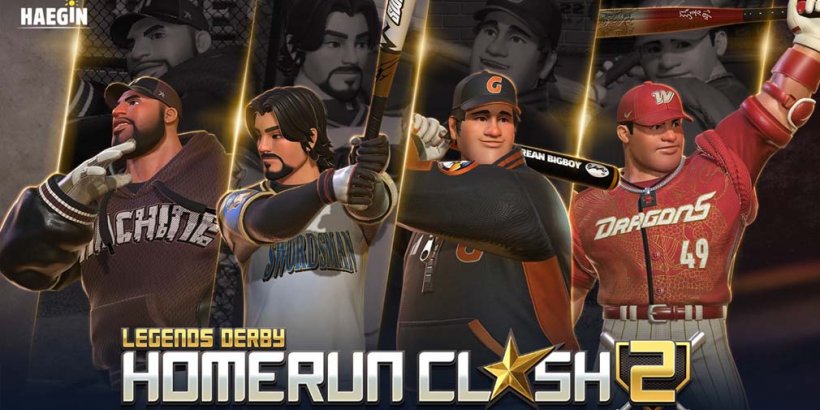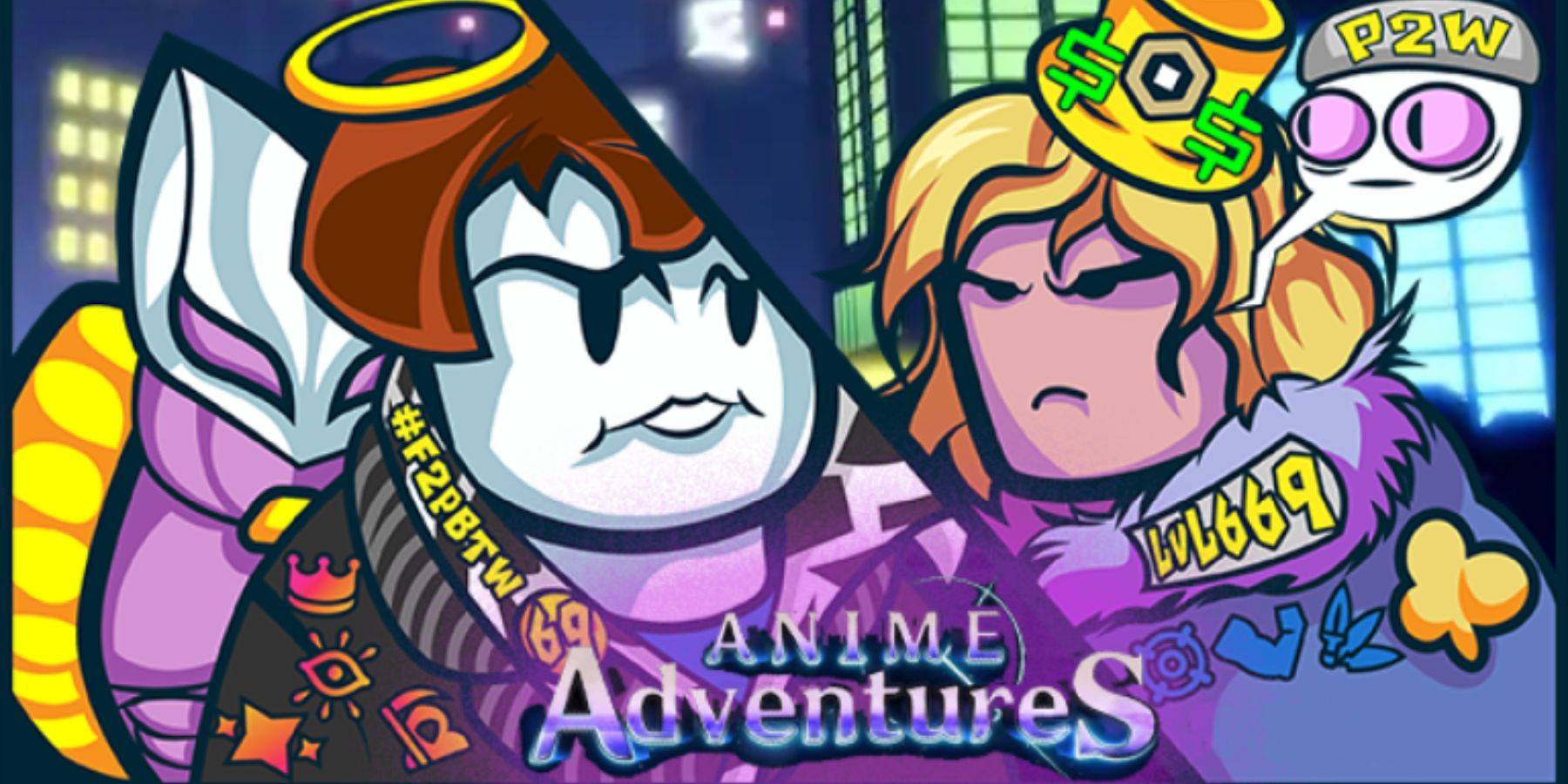Grand Theft Auto 3 Dev Reveals Origin of Iconic Feature
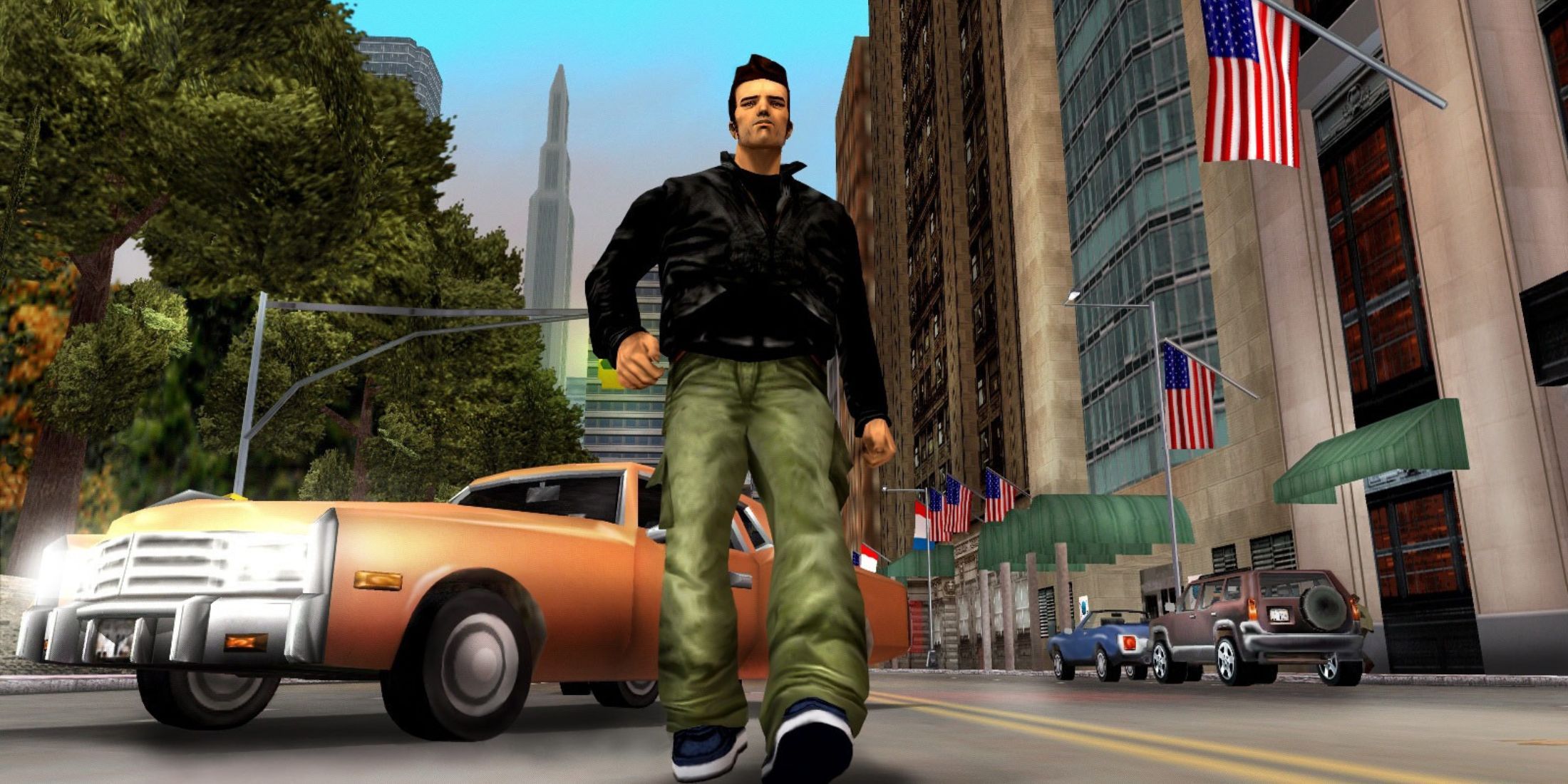
Grand Theft Auto 3's Cinematic Camera Angle: A Train Ride's Unexpected Legacy
The iconic cinematic camera angle, a staple of the Grand Theft Auto series since Grand Theft Auto 3, has an unexpected origin story. Former Rockstar Games developer, Obbe Vermeij, recently revealed that this now-beloved feature stemmed from the surprisingly dull experience of riding a train in the game's early development.
Vermeij, a veteran who contributed to GTA 3, Vice City, San Andreas, and GTA 4, has been sharing behind-the-scenes insights on his blog and Twitter. His latest revelation details how the cinematic camera angle evolved from a solution to a seemingly mundane problem.
Initially, Vermeij found the train rides monotonous. He considered allowing players to skip them, but this proved impossible due to potential streaming issues. His solution? He implemented a camera system that dynamically shifted between viewpoints along the train tracks, adding a degree of visual interest to the otherwise tedious journey.
A colleague's suggestion to adapt this approach to car driving proved revolutionary. The resulting cinematic camera angle, initially intended to alleviate boredom, was deemed "surprisingly entertaining" by the development team, solidifying its place in the game.
Interestingly, this camera angle remained unchanged in Grand Theft Auto: Vice City. However, it underwent a significant overhaul in Grand Theft Auto: San Andreas by another Rockstar developer. A fan even demonstrated what a train ride in GTA 3 would have looked like without the cinematic camera, highlighting its impact on gameplay. Vermeij confirmed that the original train ride would have been a simple, overhead perspective, similar to the car view before his innovation.
Vermeij's contributions extend beyond the camera angle. He also verified details from a recent Grand Theft Auto leak, confirming work on an online mode for GTA 3, including a basic deathmatch implementation. Unfortunately, this online component was ultimately scrapped due to requiring extensive further development. His insights offer a fascinating glimpse into the creative process and unforeseen consequences that shaped one of gaming's most influential franchises.








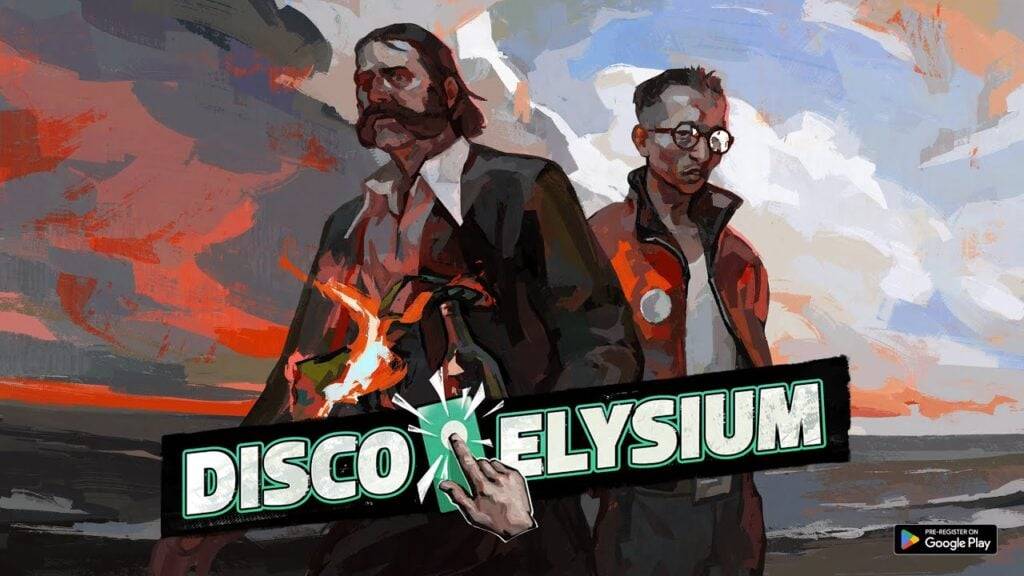

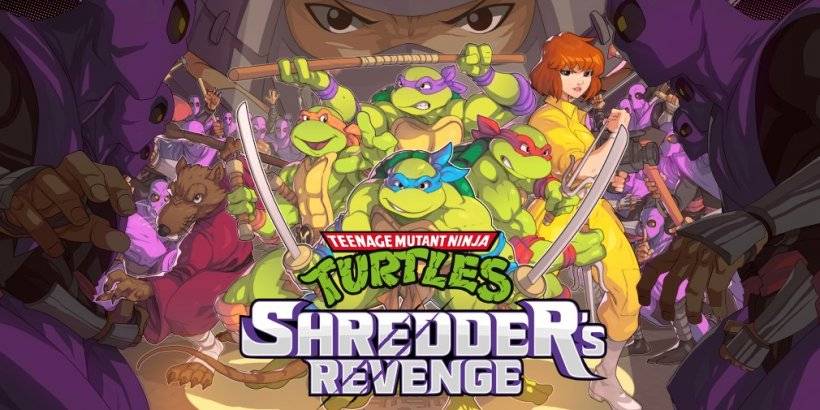
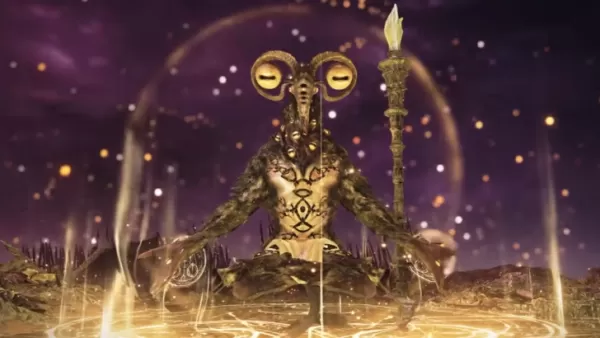


![After Guardian Angel [remake '17]](https://imgs.21all.com/uploads/77/1731989317673c0f45bdf26.jpg)









